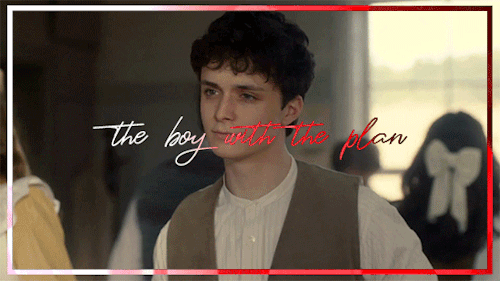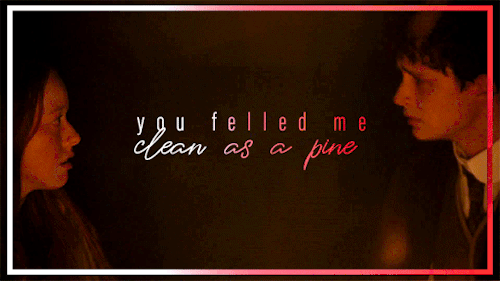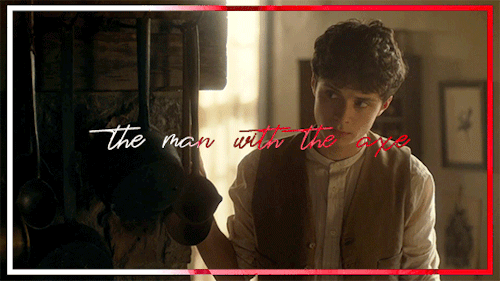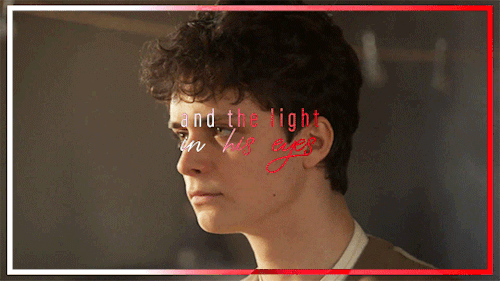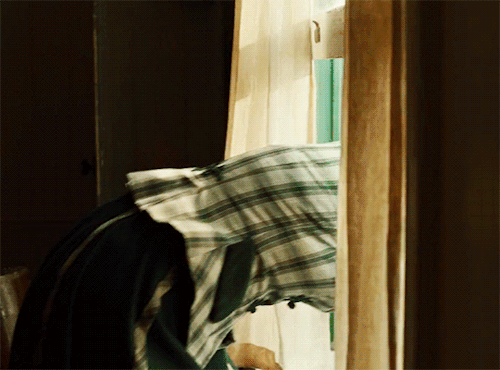#the colour purple
Welcome back to the Girls Against Book Club! For the month of August we have been reading ‘The Color Purple’ by Alice Walker, a novel first published in 1982 that follows the life of a black woman named Celie. It is set in rural Georgia during the period 1910-1940 and tells the story of the many struggles Celie and those around her face during this period in her life that she documents in a series of letters. I found this novel to be absorbing yet harrowing as it exposes many of the problems women of colour faced in the early 20th century and some of which they still face today.
I’m going to start by discussing the structure of the novel as I think it is an important feature of the text. The events of the novel are recounted through a series of letters written by Celie addressed to God for most of the novel, then eventually addressed to her sister Nettie. Initially for me, this epistolary form was confusing as the letters jump straight into the events of Celie’s life with barely any recognition of the context surrounding them. However, this structure reflects two very important aspects of the text. The first is that the letters portray Celie’s isolation, as she believes she has no one to confide in other than God as everyone in her life during the first part of the book - other than Nettie who eventually moves away - treats her cruelly. Celie’s letter writing and her increasing levels of freedom throughout the novel also depict how necessary literacy is in order to gain liberty. Walker also makes this clear at the beginning of the novel when Nettie encourages and helps Celie to improve her knowledge stating, “You got to fight. You got to fight.” Something that always interests me when learning about oppressed groups in the past and in the present is the efforts of the oppressors to prevent the oppressed from gaining an education and how vital knowledge seems to be for groups and individuals in gaining freedom. Alice Walker illustrates beautifully in ‘The Color Purple’ that knowledge truly is power.
‘The Color Purple’ is a novel that follows Celie’s increasing levels of self-awareness that she gains through the help of other women. This self-awareness is eventually what sets her free from many of the things that have oppressed her throughout her life. The two women who have the most influence on Celie’s journey of self-awareness are her sister, Nettie, and Shug Avery. Nettie and Celie have a wonderful relationship that is at the heart of the novel and whether Nettie is physically present in Celie’s life or is so only through letters, she constantly supports and empowers her. At the beginning of the novel when Celie’s husband showers Nettie with compliments Celie explains, ‘He try to give her a compliment, she pass it on to me. After while I git to feeling pretty cute.’
Celie and Nettie’s bond created throughout their childhood and teenage years is so strong due to the dreadful things that they both endured, so much so that when Celie gives up on writing to God, she writes to Nettie instead. She does so because ‘the God I been praying and writing to is a man. And act just like all the other mens I know. Trifling, forgitful and lowdown.’ This is a hugely important moment for Celie as she realises that she should not worship God just because she is told to, just as she should not submit to the men in her life as she is told to. From completely accepting all of the awful things in her life and refusing to fight them, to denouncing everyone that has played a part in her struggles, even God, Celie gains a great deal of autonomy throughout the text despite the subjugation individuals and society have tried to implement on her.
When Nettie leaves to become a missionary, Shug Avery, who at the time is Celie’s husband’s girlfriend, takes over in Celie’s empowerment. Shug is perhaps the most important individual who directly influences Celie’s life as she encourages her to redefine life in her own terms and allows her to be herself completely, emotionally and sexually. This is exemplified by Shug’s assurance that Celie is still a virgin because although she has technically had sex, she had never enjoyed it. Shug continues to help Celie to abandon what she has been told about religion, sexuality and many of the other things she has been oppressed by as a black woman, as she engages in sexual relations with her leading to a lasting romance between the two and helps her open her own business. Celie’s relationships with the women in her life truly reflect the importance of female solidarity and portray the life-changing effects of looking out for the women around you.
Walker also effectively highlights the difference between the oppression white women face and the oppression black women face. This is portrayed through a story Sofia, a strong black woman, tells about the white woman she works for. She tells Celie that Miss Millie’s husband bought her a car but that he refuses to let her drive it and although this represents the oppression all women felt because of the strict gender roles in the early 20th century, when reading this section of the book it seemed highly trivial to me compared to the things in which the black women had been through. I found this anecdote to be an interesting way to portray the privileges that people have and the importance of understanding intersectionality.
The final aspect of the text I wish to discuss is the way in which it dismantles gender stereotypes. There are so many examples of the way in which Walker does this throughout the novel but an important one is the conversation Celie has with her husband towards the end of the text. In discussing Shug and Sofia, two of the most outspoken women in the novel, Mr _____ states “Sofia and Shug not like men…but they not like women either” and in reply Celie says, “You mean they not like you or me.” This conversation portrays how restrictive stereotyping is as Celie’s husband is completely unable to describe the way in which these women are simply because they do not fit into a gender stereotype and Celie immediately recognises his narrow-mindedness and highlights it through that simple sentence.
As usual, I asked for your thoughts on the novel and I am really appreciative of people becoming involved with the book club as it’s always interesting to have multiple viewpoints of a text. We had an email from a girl called Alice this month who is doing a feminist reading of this text for her English coursework and contributed many interesting thoughts. Here are some of them:
‘For my essay I’m going to talk about gender roles as well and how with the characters of Sofia and Harpo the roles are almost reversed with Sofia beating Harpo rather than the other way round!’
This is something I hadn’t considered in terms of gender roles and I think it is another example of the way in which Walker attempts to dismantle stereotypes. Thank you very much for your email Alice!
I think this is novel is a very worthwhile read as it not only has a gripping and emotive storyline but touches on so many issues surrounding gender and race. It is very well written and I became so attached to the characters that the last letter made me cry - I always think this is a good testament to a novel’s quality.
So, for the month of September the Girls Against Book Club will be reading ‘We Should All Be Feminists’ by Chimamand Ngozi Adichie. Adichie is a Nigerian author and in this essay she offers a definition of feminism for the twenty-first century. It’s a text that I’ve been meaning to read for a while and it’s also relatively short, which I think will be good for the month of September with many people not having as much time on their hands as they did during the summer months. Adichie also did a ‘TED Talk’ with the same title that you can watch if that works better for you- https://www.ted.com/talks/chimamanda_ngozi_adichie_we_should_all_be_feminists?language=en#t-3644
I hope you’ll join us in reading this essay! If you have any thoughts on the text or the author you’d like to contribute you can email us at [email protected], tweet us using the hashtag #GABookClub or join our GoodReads group and contribute to the monthly discussion by following this link- https://www.goodreads.com/group/show/230714-girls-against-book-club
The post discussing ‘We Should All Be Feminists’ will be up on the Girls Against blog on Sunday 1st October so there is plenty of time to give it a read before then and I would love it if you did!



